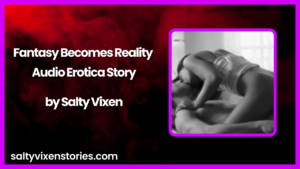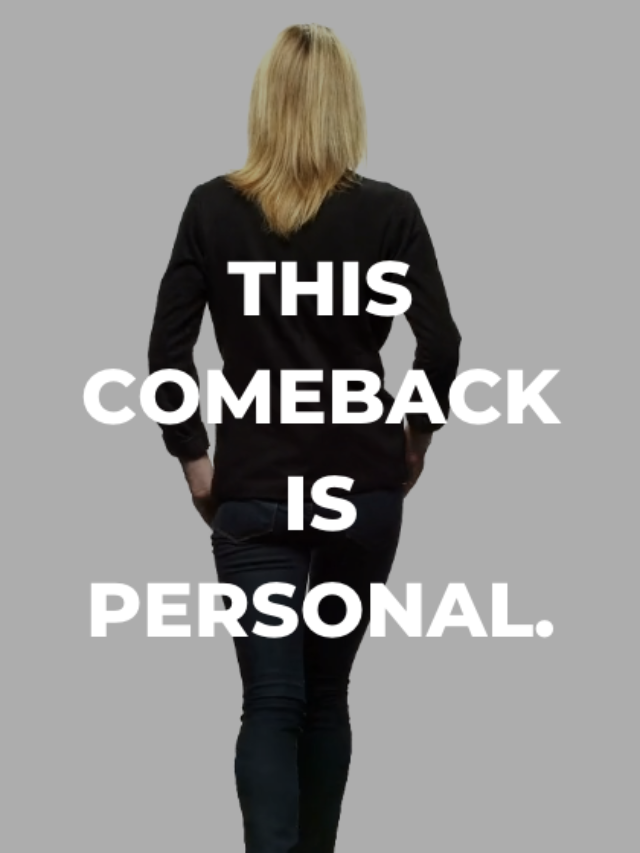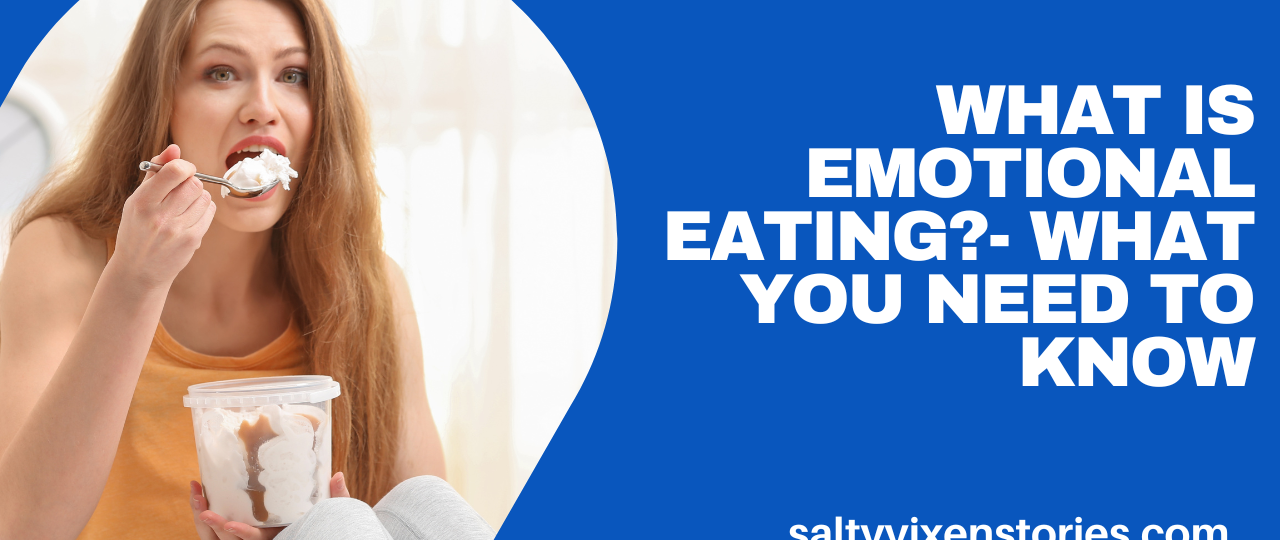Emotional eating is a relatively common problem for both men and women. If you eat in response to your feelings, especially when you are not hungry, you are an emotional eater. Emotional eating means your emotions -- not your body -- dictate when and/or how much you eat.
When and How Do Emotional Eaters OverEat?
Some emotional eaters binge when they are sad or confused; for others, eating can be a way of avoiding thinking about problems or taking the action required to solve them.
If we'd eat for comfort by reaching into our crisper drawer, we'd be OK. But how many people turn to carrot sticks when they're feeling stressed? It's the high-fat, high-cal foods we love that make us feel better; the more fattening, sweeter or the saltier the food, the better we seem to feel.
Are You an Emotional Eater?
You are an emotional eaters if you answer yes to any of the following questions:
- Do you ever eat without realizing you're even doing it?
- Do you often feel guilty or ashamed after eating?
- Do you often eat alone or at odd locations, such as parked in your car outside your own house?
- After an unpleasant experience, such as an argument, do you eat even if you aren't feeling hungry?
- Do you crave specific foods when you're upset, such as always desiring chocolate when you feel depressed?
- Do you feel the urge to eat in response to outside cues like seeing food advertised on television?
- Do you eat because you feel there's nothing else to do?
- Does eating make you feel better when you're down or less focused on problems when you're worried about something?
If you eat unusually large quantities of food or you regularly eat until you feel uncomfortable to the point of nausea, you have a problem with binge eating. Please speak to your health care professional.




















